Payments
Retailers to drive crypto payments adoption: Survey
Crypto payments might be the innovation companies are looking for. A recent survey by payment network Mercuryo revealed that 57% of respondents believe accepting cryptocurrency payments would give companies a competitive edge. Among the other standout statistics, more than one-third of businesses reported that customers had asked to pay in Bitcoin (BTC), Ether (ETH) or another digital currency. Hot on the heels of news that Dogecoin (DOGE) will trial for Tesla merchandise payments and WhatsApp began testing payments with Meta’s Novi wallet, the Mercuryo report highlights that retail payment services will continue to be a key crypto adoption driver. The report surveyed 501 senior financial decision-makers in the United Kingdom. Almost half of the sample size consisted of large businesses em...
Altcoin Roundup: Three smart contract platforms that could see deeper adoption in 2022
Decentralized finance (DeFi) dominated media headlines throughout 2021 and the sector, along with nonfungible tokens (NFTs), helped to initiate the mass adoption of cryptocurrencies. While high yields on staking and instant profits from flipping jpegs have proven to be very lucrative for investors, it’s important to remember that none of it would have been possible without the underlying capabilities of smart contract technology. The Ethereum network remains, hands-down, the most widely used layer-one smart contract platform in the crypto ecosystem, but everyone knows about the high fee and clogged network issues of the past few years. In 2021, competing networks like Avalanche and Binance Smart Chain enabled compatibility with the Ethereum Virtual Machine (EVM) and this produced pos...
Cointelegraph Editor-in-Chief Kristina Cornèr talks digital currencies with Mastercard at Global Impact Week
Global Impact Week, an industry event which features fintech, policy, climate, healthcare, and media innovations, kicked off in Valencia, Spain, and is ongoing from Dec. 14 to 18. Recent figures put attendance at 100,000, with 500 speakers and 150 live sessions. Cointelegraph’s Editor-in-Chief Kristina Cornèr has been in virtual attendance at the event, moderating the panel titled Fireside Chat: Fintech Defining the Future with Mastercard’s executive VP of market development Liza Oakes. Here’s what they had to say: Kristina Cornèr: In November, Mastercard announced the launch of crypto-funded payments cards. How do you see this opportunity develop in the next few months or years? Liz Oakes: We started the service in fiat money. You can start by using Mastercard to purchas...
Naira appreciates at N493 to dollar in parallel market
The naira, on Thursday, appreciated by 1.8 percent to N493 to a dollar at the parallel market as the Central Bank of Nigeria (CBN) increased forex supplies to banks. The local currency, which opened at N502 per dollar, gained N17 to N485 during midday trading before closing at N493/$1, according to data on abokiFX.com, a website that collates parallel rates in Lagos. It also appreciated against the pound sterling to close at N710 and N600, gaining N3 and N6, respectively, on the street. At the importer and exporter (I&E) window, it appreciated 0.13 percent to close at N411.50 to the dollar. Last week, Godwin Emefiele, CBN governor, met with bank CEOs and agreed to increase the amount of foreign exchange allocated to banks to meet legitimate needs. Emefiele cautioned them to ensure that...
Nigerian government reopens passport application portal
Pool Photo The Federal Government has announced the reopening of the passport application and payment portal effective from June 8, 2021 by 12 midnight, to allow eligible passport applicants apply and make payments for the various categories of passports of their choice. A statement signed by the Assistant Comptroller of Immigration Service/Public Relations Officer of the Nigeria Immigrations Service, Amos Okpu, on behalf of the Comptroller General, said with the reopening of the portal, a new passport application and payment regime has commenced. The statement added that applications and payments for passport services shall be made through the service website: www.immigration.gov.ng, while applicants are expected to visit the portal to apply and upload their support documents for vetting ...
ASCAB: Kaduna governor sacked over 60,000 workers in six years
Human rights lawyer, Mr. Femi Falana (SAN), and the Alliance on Surviving COVID-19 and Beyond say Kaduna State Governor, Nasir el-Rufai, has sacked over 60,000 workers since he took office in May 2015. They, therefore, endorsed the five-day strike across Kaduna State which will begin on Monday. ASCAB in a statement on Sunday called on all NLC affiliates and supporters to join the “essential strike” adding that a “firm action is needed to reverse the massive attacks on jobs and poverty induced insecurity in Kaduna State.” Falana said the economy of Kaduna was traditionally built around textile factories and the public sector but in the decade before the administration of el-Rufai, the last four major textile factories were closed with many of the workers not receiving any terminal benefits ...




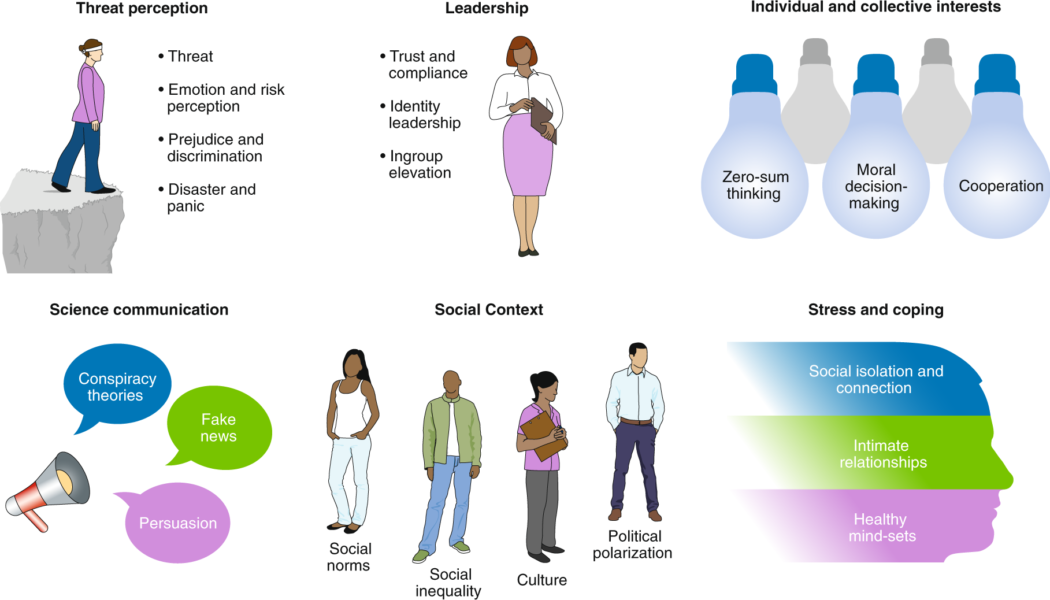

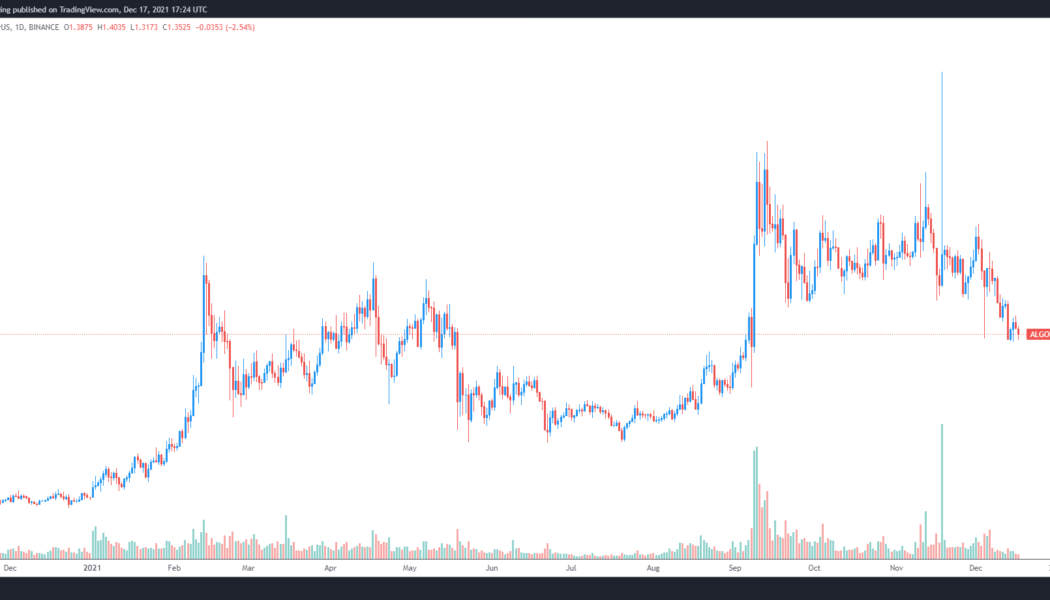





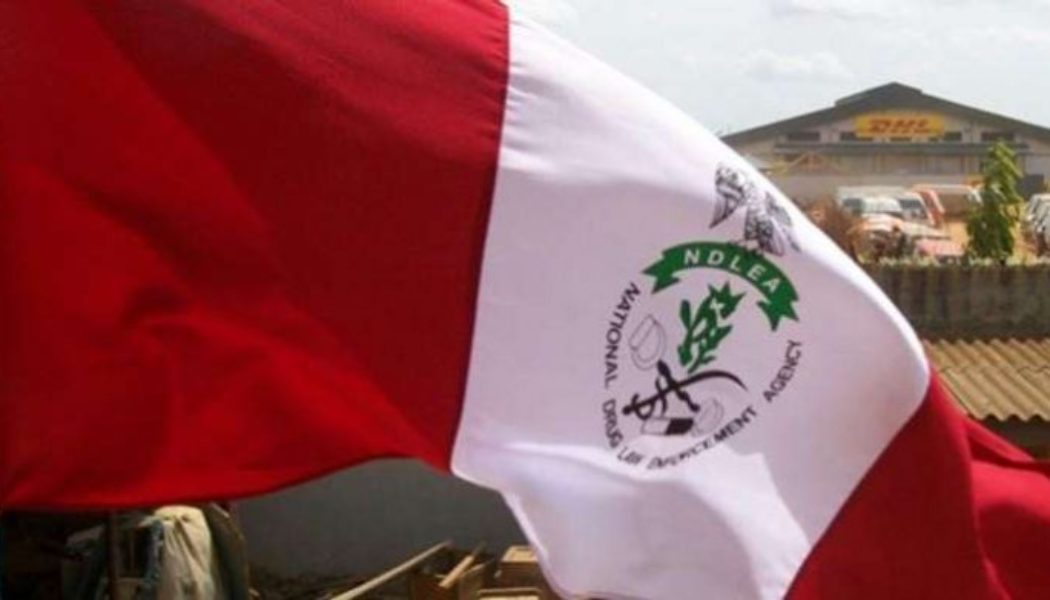

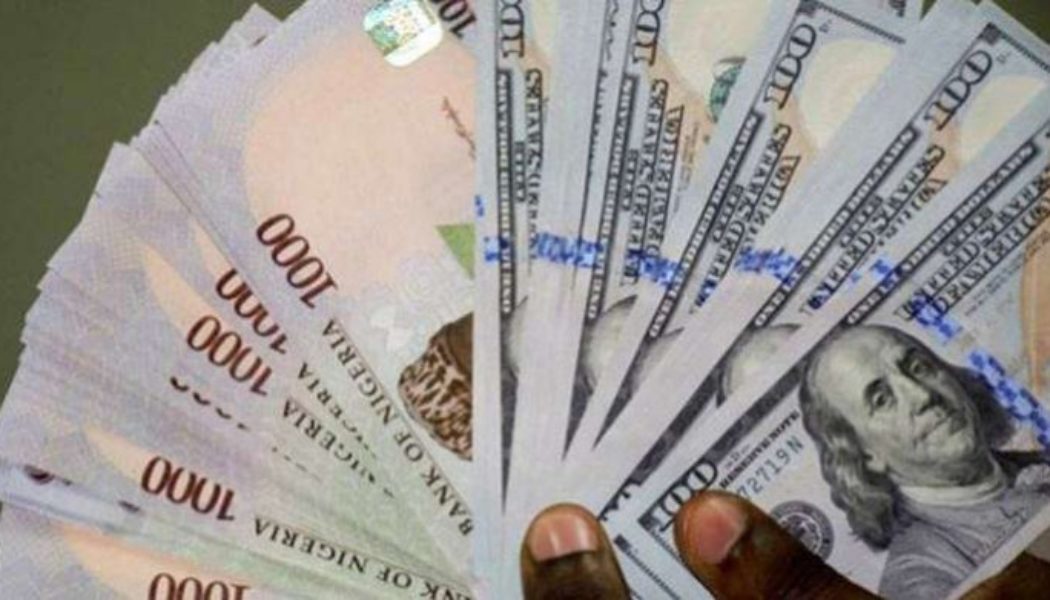

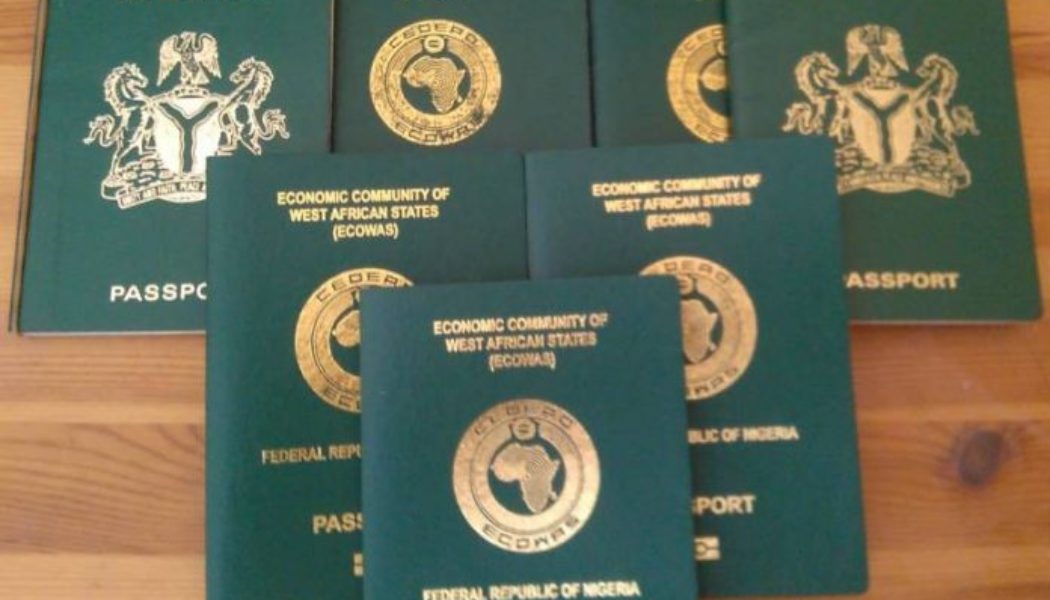



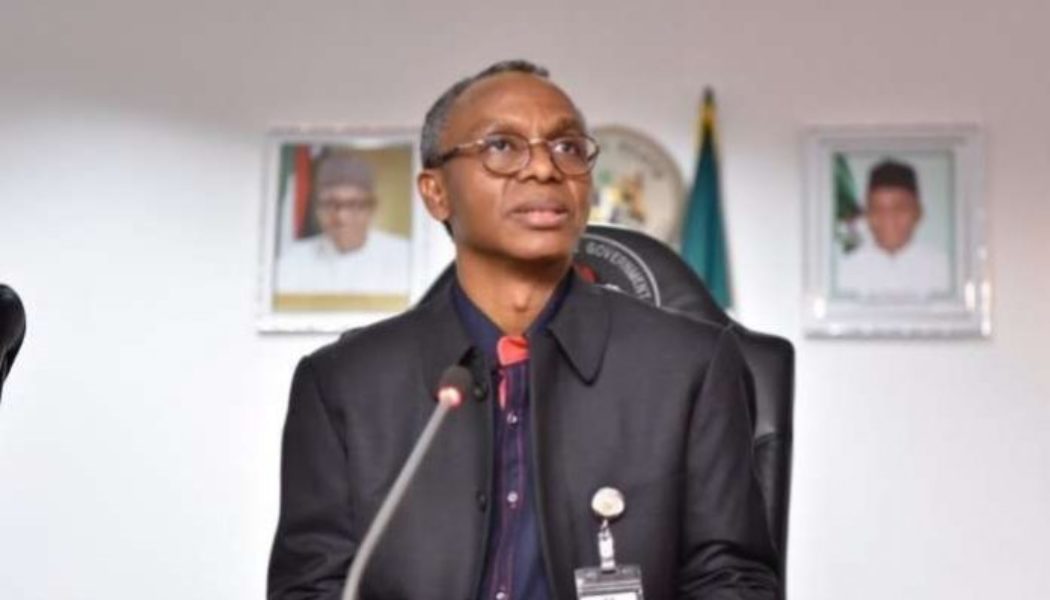

Understanding the strength of small businesses
The number of small businesses keeps growing in the formal and informal sectors of the Nigerian economy, due to the role of small businesses as the live-wire of any economy and the backbone of major developed economies the world over. Though Nigeria rely majorly on oil and revenues derived from it, from context observation the economy is largely supported by small businesses covering almost all spheres of activities within the country, ranging from Nano, kiosk, and Micro businesses most importantly. A visible reference usually includes the vulcanizers, corner shop owners, single retail marketers, repairers, painters, business center operators, restaurants, market women, and men in the various open markets, among others. and the formal operations such as the law firms, accounting firms, con...